Conceptual Budgeting in Construction
Have you ever planned a big family vacation? Just as you estimate costs for travel, accommodation, and activities before setting off, conceptual budgeting in construction involves planning your project’s finances before the first brick is laid. It’s about having a financial blueprint for your construction journey.
Understanding Conceptual Budgeting
Conceptual budgeting is like the compass for your construction project, guiding you through financial decision-making. It’s a preliminary budget crafted at the project’s conception, providing an early cost estimation based on the project’s scope and requirements.
Benefits of Conceptual Budgeting
Financial Clarity
Financial Clarity in the realm of conceptual budgeting is akin to navigating a journey with a well-defined map of expenses. It involves the creation of a detailed financial plan that outlines all expected costs associated with a construction project. This clarity is crucial as it equips project managers, stakeholders, and clients with a transparent view of where and how funds will be allocated. By breaking down the budget into specific categories such as materials, labor, equipment, and overheads, we eliminate the guesswork, allowing for precise financial tracking and management throughout the project’s lifecycle.
Risk Mitigation
Risk Mitigation in financial planning is about foreseeing potential financial hurdles and preparing strategies to address them effectively. Early identification and assessment of financial risks – such as cost overruns, market fluctuations, or unexpected delays – allow for the development of contingency plans. This proactive approach in anticipating and planning for financial uncertainties helps in safeguarding the project against potential financial setbacks, ensuring that the project remains financially viable even in the face of unforeseen circumstances.
Informed Decision Making
Informed Decision Making is a critical outcome of a well-structured conceptual budget. A clear and comprehensive budget outline serves as a decision-making tool, guiding project stakeholders in making smart, data-driven choices. Whether it’s about selecting materials, choosing contractors, or determining the project timeline, each decision is made with a thorough understanding of its financial implications. This informed approach not only enhances the efficiency and effectiveness of the project management process but also ensures that financial resources are utilized in the most optimal manner, maximizing the project’s overall value and return on investment.
Key Components of a Conceptual Budget
Material Costs
Material Costs in construction budgeting encompass a detailed estimation of expenses from the foundational elements like bricks to the finer details like doorknobs. It involves an in-depth analysis of the cost of all materials required for the project, taking into account current market rates and potential future fluctuations. We meticulously evaluate the prices of essential construction materials, considering quality, durability, and supplier reliability. This thorough estimation ensures that the material costs are accurately projected, providing a realistic view of the total expenditure needed for the procurement of construction materials.
Labor Expenses
Labor Expenses form a significant portion of any construction budget. Calculating these expenses involves more than just tallying hourly wages; it encompasses a comprehensive assessment of the costs associated with skilled labor. This includes direct labor costs for onsite workers, subcontractor fees, and additional expenses related to labor, such as insurance, taxes, and benefits. By accurately calculating labor expenses, we ensure that the project has the necessary financial allocation to secure skilled professionals who can deliver quality workmanship, contributing to the overall success and timely completion of the project.
Contingency Funds
Contingency Funds are a critical component of a well-planned construction budget. Setting aside a contingency fund acts as a financial safety net for the project, catering to unexpected costs and unforeseen challenges that may arise during the construction process. This fund is designed to cover expenses that are not initially anticipated, such as delays due to weather, changes in material costs, or modifications in project scope. Establishing a contingency reserve is a proactive approach to budget management, ensuring that the project remains financially stable and can adapt to changes without compromising its financial integrity or completion timeline.
Steps in Developing a Conceptual Budget
Scope Definition
Scope Definition is a critical starting point in the conceptual budgeting process for construction projects. It involves a precise delineation of what the project entails, encompassing all its aspects – from the project’s scale, design complexity, and functionality to its geographical location and environmental impact. This clear definition of scope provides a framework for all subsequent planning and budgeting activities, ensuring that every element of the project is accounted for. By establishing a comprehensive understanding of the project’s scope, we lay the groundwork for a realistic and effective budgeting strategy that aligns with the project’s objectives and constraints.
Market Analysis
Market Analysis plays a pivotal role in conceptual budgeting, where a thorough investigation into current costs and prevailing economic trends is conducted. This analysis involves examining the cost of materials, labor rates, and other relevant economic factors that influence the overall budget. By staying attuned to market dynamics and fluctuations, we can anticipate changes that might impact the cost structure of the project. This in-depth market analysis ensures that our budget estimates are not only current but also predictive, allowing us to create a budget that is both realistic and adaptable to market conditions.
Consult With Experts
Expert Consultation is an invaluable aspect of the conceptual budgeting process. Collaborating with seasoned professionals across different specialties – from architects and engineers to construction managers and financial analysts – provides insights that enhance the accuracy of our budget estimates. These experts bring their knowledge and experience to the table, contributing to a more thorough and nuanced understanding of the potential costs involved. This collaborative approach ensures that our budgeting plans are grounded in expertise and industry best practices, thus enhancing the reliability and precision of our financial projections for the construction project.
Common Challenges and Solutions
Managing Unexpected Costs
Managing Unexpected Costs is a crucial aspect of conceptual budgeting in construction projects. It involves developing strategies to adapt effectively when prices fluctuate unexpectedly. This could be due to various factors such as changes in material costs, labor rates, or unforeseen circumstances during the construction phase. Our approach includes maintaining a flexible budget framework that allows for adjustments without compromising the project’s overall financial integrity. We monitor market trends continuously and maintain open communication with suppliers and contractors to anticipate and respond to cost variations proactively. By preparing for these scenarios in advance, we ensure that unexpected costs are managed efficiently, minimizing their impact on the overall budget.
Controlling Scope Creep
Controlling Scope Creep is essential for maintaining budget discipline as the project scope evolves. Scope creep refers to the gradual expansion of a project’s scope, often without corresponding increases in budget, time, or resources. It can be a major challenge in construction projects, leading to cost overruns and project delays. To prevent scope creep, we implement stringent project management practices, including clear documentation of project requirements, regular scope reviews, and effective change management processes. Any potential changes in scope are thoroughly evaluated for their impact on the budget and timeline, and decisions are made collaboratively with all stakeholders. This disciplined approach ensures that the project stays aligned with its original objectives and budget, even as changes occur.
Moving Forward: From Concept to Reality
Transitioning your budget from paper to practice and ensuring financial feasibility from start to finish is what we do at MBC Management. Conceptual budgeting in construction sets the stage for financial success. It’s about taking the guesswork out of your project’s finances and replacing it with informed, strategic planning.
Ready to embark on your construction project with a solid financial plan? Let’s lay the groundwork together. Contact Us Today.
Frequently Asked Questions
Why is conceptual budgeting important in construction?
It provides a preliminary financial framework, helping to avoid cost overruns and manage funds effectively.
What factors influence a conceptual budget in construction?
Factors include project size, complexity, materials, labor, market trends, and contingencies.
Can conceptual budgeting help in securing funding?
Yes, a well-crafted budget is essential for presenting to investors or banks for project financing.
Should I hire a professional for conceptual budgeting?
Yes! The professionals at MBC Management have the experience to help you complete an accurate conceptual budget for your project that will help save you time, money, and headaches.








